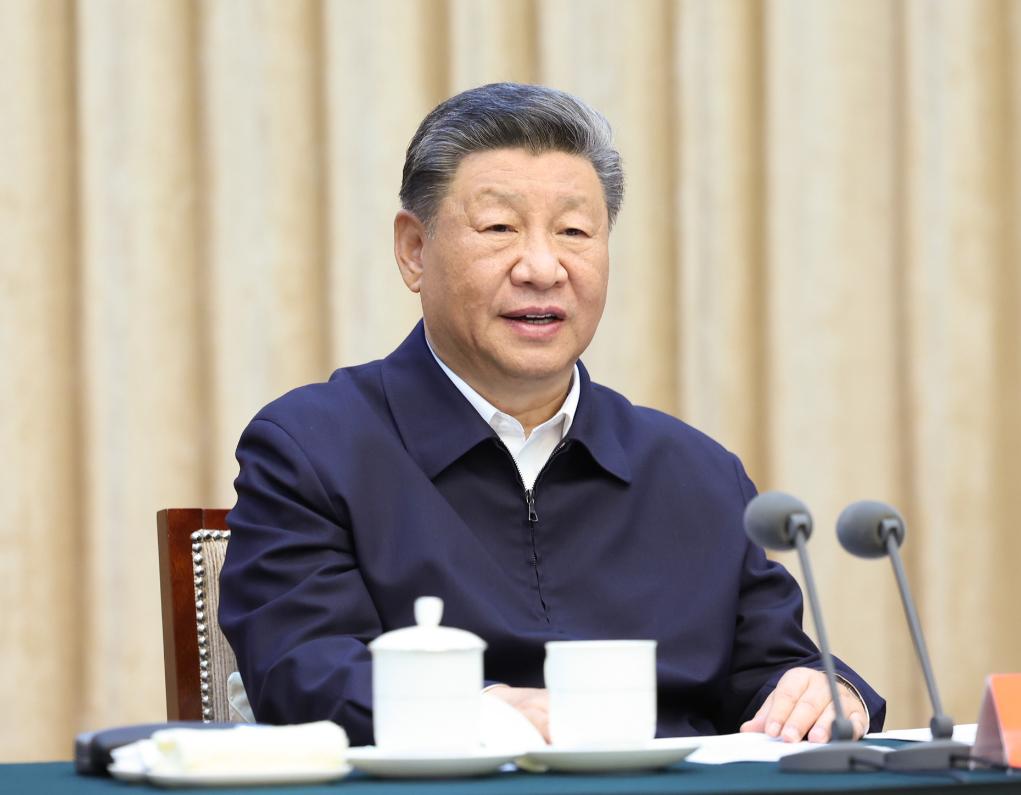BEIJING: After decades of urbanization that have brought remarkable progress, propelling China to become the world’s second-largest economy, the government is ramping up efforts to achieve more balanced, coordinated development to narrow the gap between urban and rural areas amid the nation’s modernization drive.
On the eve of the seventh Chinese Farmers’ Harvest Festival, which fell on Sunday, Xi Jinping, general secretary of the Communist Party of China Central Committee, reiterated the nation’s commitment to building a more prosperous countryside.
He also extended festive greetings and sincere regards on behalf of the CPC Central Committee to farmers and comrades working on agricultural and rural fronts across the country.
Xi, who is also Chinese president and chairman of the Central Military Commission, called on Party committees and governments at various levels to make every effort to enhance the economic benefits of agriculture, increase farmers’ incomes and inject greater vitality into the countryside, in order to bring tangible benefits to farmers.
Furthermore, he said it is imperative to persistently consolidate the foundation of agriculture and promote comprehensive rural vitalization to advance Chinese modernization, and he urged farmers and people from other sectors to take actions to transform the blueprint for rural vitalization into reality.
Meanwhile, despite the recent increase in rural income resulting from extensive poverty alleviation efforts, rural residents continue to lag economically.
According to the National Bureau of Statistics, the per capita disposable income of rural residents was 21,691 yuan ($3,076) last year, approximately half the national average.
Wu Haitao, a researcher of poverty issues at Zhongnan University of Economics and Law, said, “The urban-rural disparity is also reflected in the access to various social welfare benefits.”
Urban areas outperform rural regions in almost every aspect, including infrastructure, public services and social security provisions, such as elderly care and the pension fund system.
In August, authorities set a goal to increase the proportion of urban residents to 70 percent of China’s population within the next five years, and to reform the two-track urban-rural household registration system as part of the country’s “people-centered” urbanization initiative.
Without local household registration documents, known as hukou, tens of millions of rural migrants often face limited access to public services in the cities where they work.
The commitment to advance new urbanization was emphasized at the third plenary session of the 20th Central Committee of the CPC, held in Beijing from July 15 to 18.
Traditionally pivotal in the decision-making of the CPC leadership, the third plenary sessions are considered to be “steering wheels” in China’s economic reforms and serve as a crucial platform for adjusting top-level decisions and building consensus. –The Daily Mail-China Daily news exchange item






